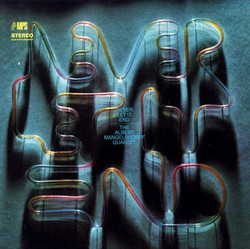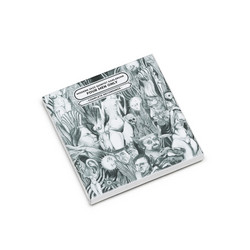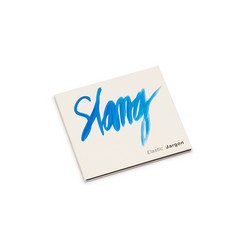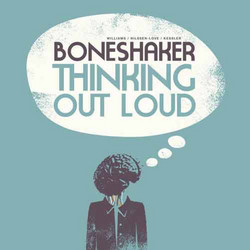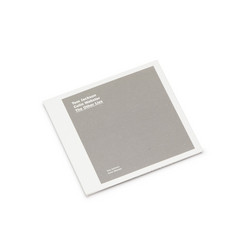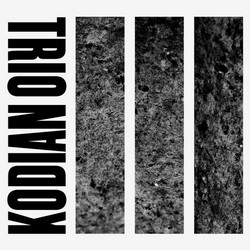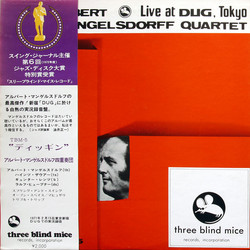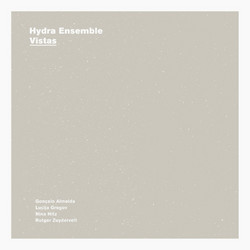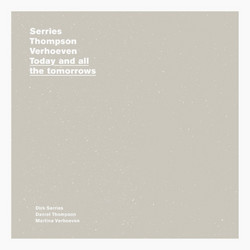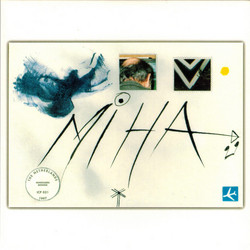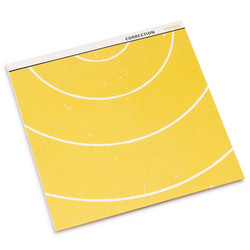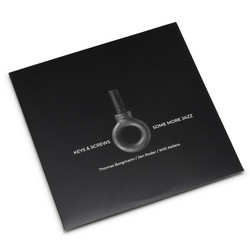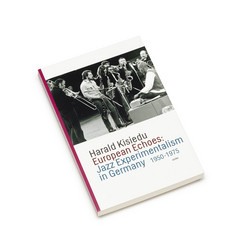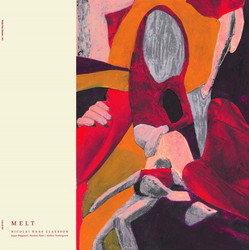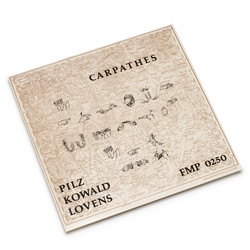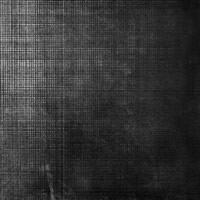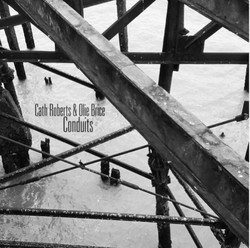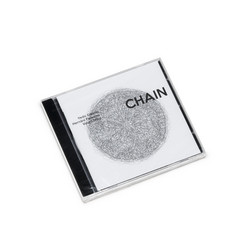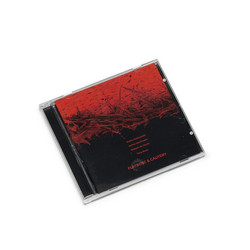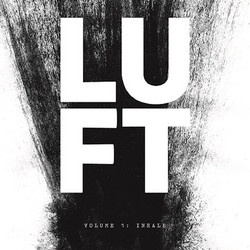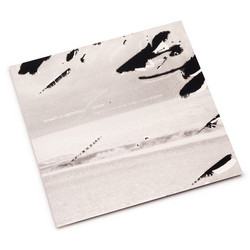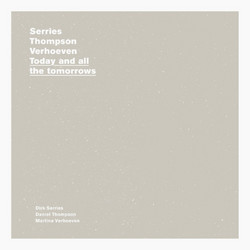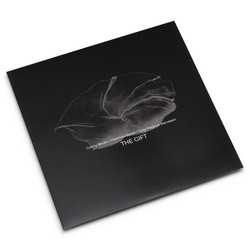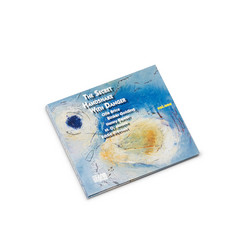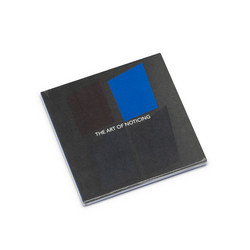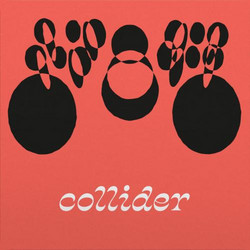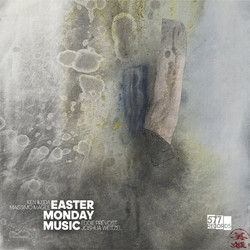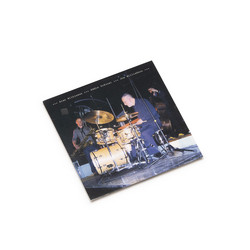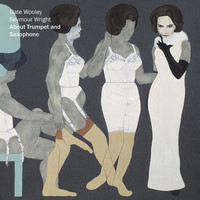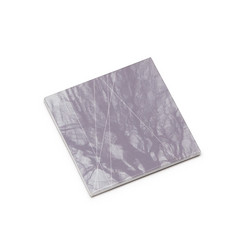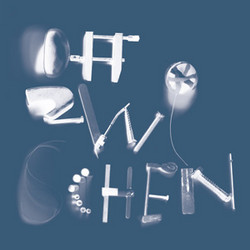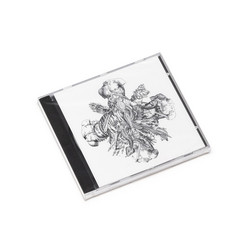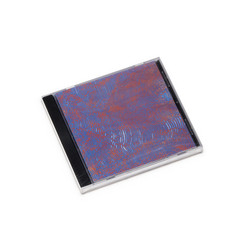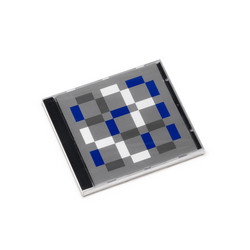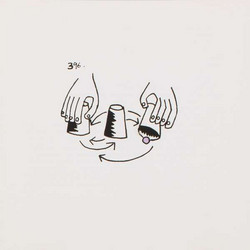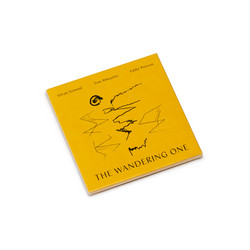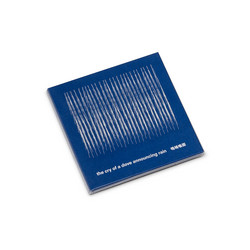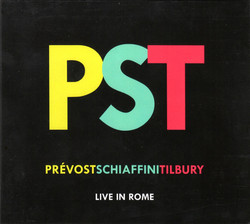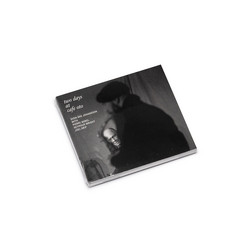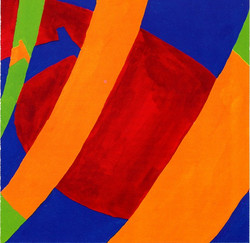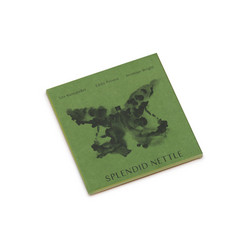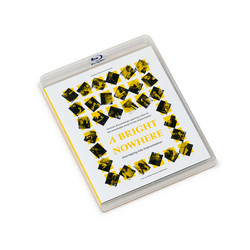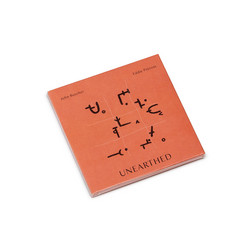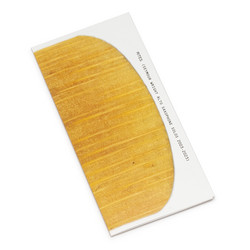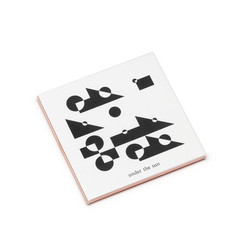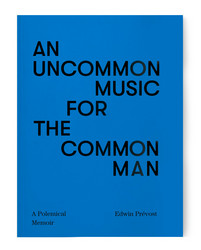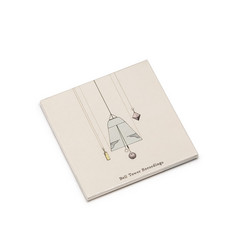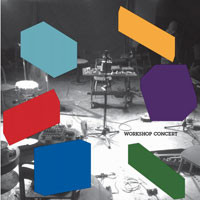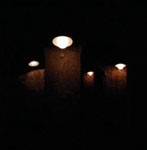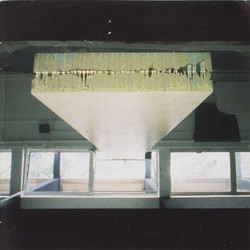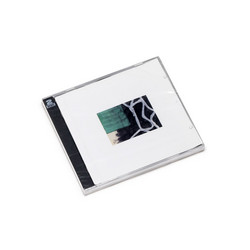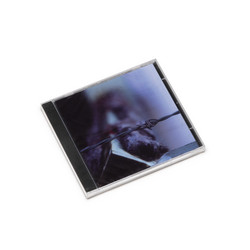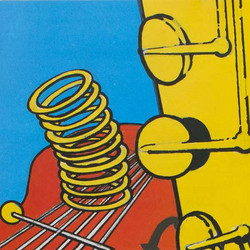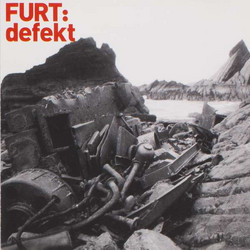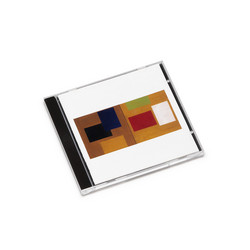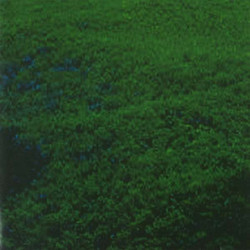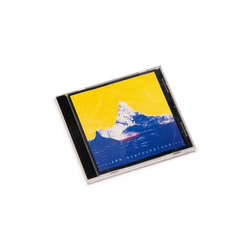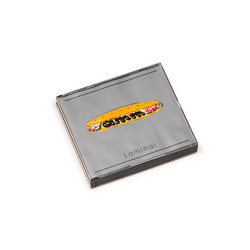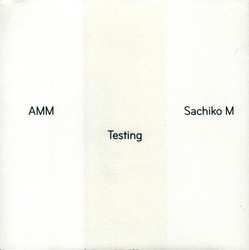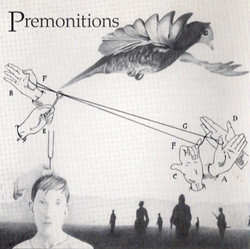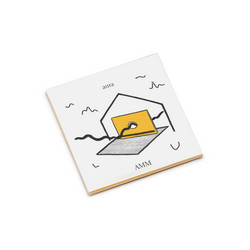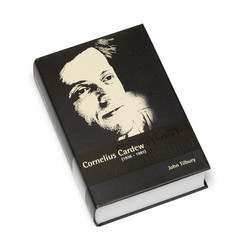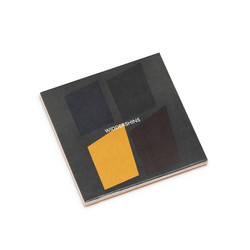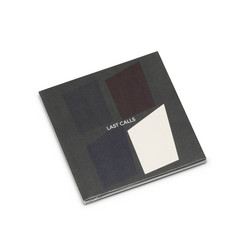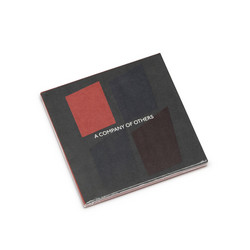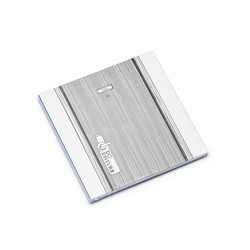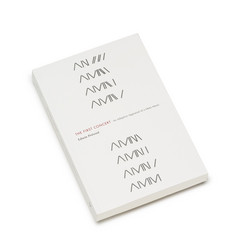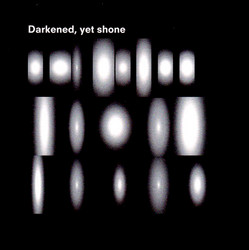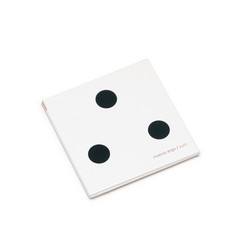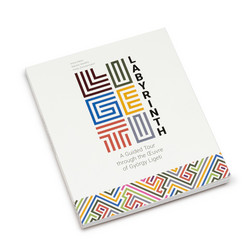Sebastian Lexer, Eddie Prévost, Seymour Wright
Impossibility In Its Purest Form
Percussionist Eddie Prévost not only co-founded the British improvising collective AMM more than 45 years ago, he is its chief annotator and its sole consistent member. With these dual roles he has both explained the aesthetic, political and ethical dimensions of an enterprise dedicated to constant self-examination and on-stage negotiation, and ensured the music’s immediacy through the agency of his exactingly tuned-in playing. But before he did any of that, he was a fine jazz drummer with a thing for Max Roach. Since AMM plays only occasionally, Prévost does most of his work in other settings. These two trio recordings show him on the one hand working with associates who participate in the improv workshop he convenes every month in London, and on the other with a pair of high-powered players who put Prévost in touch with his jazz roots. The guiding principle of Prévost’s workshop is to be open to all sonic possibilities. Participants can have distinctive personal styles, and neither of his colleagues here could be mistaken for anyone else. Seymour Wright extracts long, grainy
textured ribbons of sound from his alto saxophone, while Sebastian Lexer plucks a myriad of barely perceptible utterances from his electronically enhanced piano. But they must be willing to let personal expression go in order for the music to emerge. It can seem almost independent of the musicians who play them, and much of the music on Impossibility In Its Purest Form feels more like the result of a patient search than something that is made to happen. Prévost is credited with percussion, but it sounds like he’s restricted himself to a bowed tam-tam. While each player’s
sounds can be harsh, their interactions contain a stillness that is quite affecting.
All Told, on the other hand, is all about movement. Evan Parker sticks to tenor saxophone, and Prévost plays a drum kit; the lineup is no different than that on Way Out West. I doubt that these players, who have worked with each other in various combinations for decades, consider themselves any less committed to freedom than Prévost’s workshop fellows, but the music behaves quite differently. The intricate bass figures, brushed drums and gruff-toned, spiraling horn lines are constantly on the move, twisting around each other in an ongoing exchange of challenge and support. The music doesn’t always swing, but its propulsion feels even more elemental, and every bit as involving as the starker playing on Impossibility In Its Purest Form.
Bill Meyer — Downbeat August 2012
Recorded at The Welsh Chapel, Southwark Bridge Road, London in July and October 2011.
